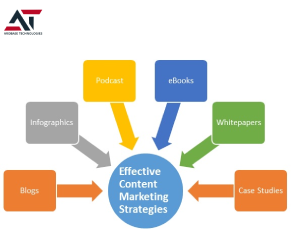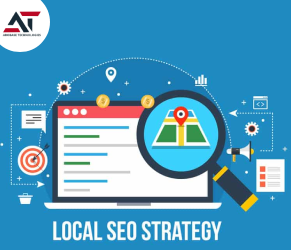- In the ever-evolving landscape of digital marketing, Search Engine Optimization (SEO) stands as a pillar of paramount importance. Every business, aspiring for online visibility and success, seeks to unravel the secrets of SEO. However, amidst the plethora of information circulating the web, certain myths and misconceptions often cloud the understanding of effective SEO practices. In this blog, we embark on a journey to debunk these myths, differentiating fact from fiction, and shedding light on the truths that underpin successful SEO strategies.
Myth 1: Keyword Stuffing Reigns Supreme
- Once considered a golden ticket to higher search rankings, keyword stuffing has now become a relic of the past. Contrary to popular belief, search engines have become smarter in discerning the relevance and quality of content. Overloading your content with keywords not only disrupts the readability but also raises red flags for search engines, potentially leading to penalization. Instead, focus on creating high-quality, engaging content that naturally incorporates relevant keywords, catering to both search engine algorithms and user intent.

Myth 2: Backlinks Are the Only Ranking Factor
- While backlinks undoubtedly play a significant role in determining a website's authority and credibility, they are not the sole determinant of search engine rankings. Quality reigns supreme over quantity when it comes to backlinks. A handful of authoritative, relevant backlinks can outweigh a plethora of low-quality ones. Moreover, search engines consider various other factors, including content quality, user experience, site speed, and mobile-friendliness, in their ranking algorithms. Therefore, diversify your SEO strategy to encompass a holistic approach that addresses multiple ranking factors.
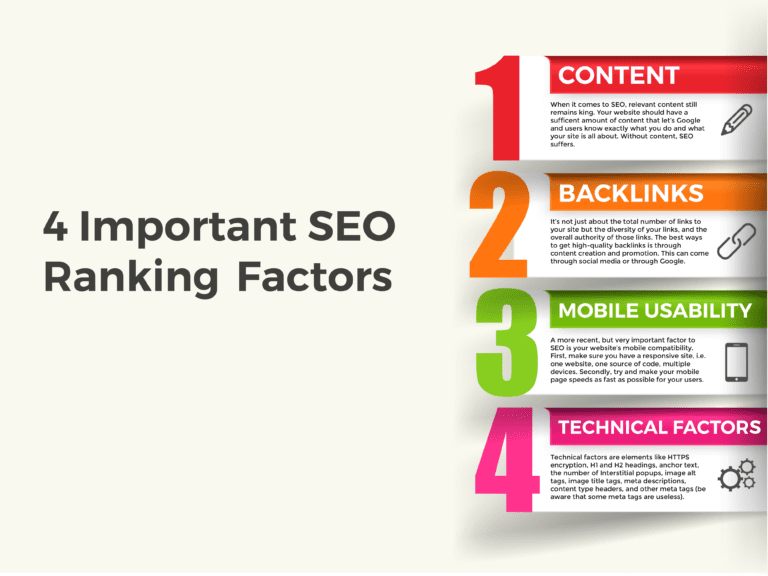
Myth 3: Content Quantity Trumps Quality
- In the race to produce copious amounts of content, the importance of quality often gets overshadowed. While a consistent stream of content is essential for maintaining relevance and engagement, prioritizing quantity over quality can be detrimental to your SEO efforts. Search engines prioritize content that provides value to users, addresses their queries, and offers unique insights or perspectives. Invest time and effort into crafting well-researched, informative, and engaging content that resonates with your target audience, rather than churning out mediocre content for the sake of quantity.
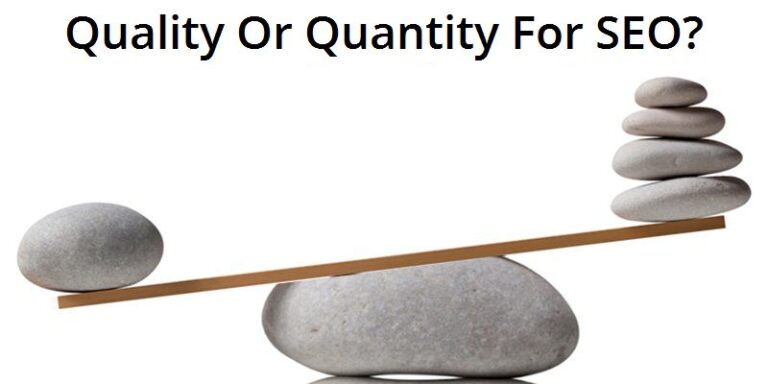
Myth 4: SEO Is a One-Time Effort
- SEO is not a one-time task but an ongoing process that requires continuous monitoring, optimization, and adaptation. The digital landscape is dynamic, with search engine algorithms constantly evolving, user behavior shifting, and competitors vying for attention. To stay ahead of the curve, businesses need to regularly audit their websites, analyze performance metrics, identify areas for improvement, and adapt their SEO strategies accordingly. Consistent effort and commitment are essential to maintaining and improving search visibility and rankings over time.
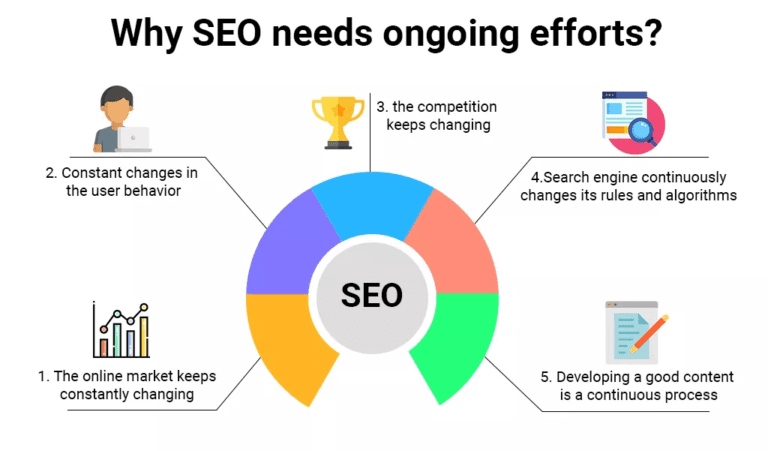
Myth 5: Meta Tags Hold the Key to SEO Success
- While meta tags, including title tags and meta descriptions, are important for providing search engines with context about your content, their impact on rankings is often exaggerated. While optimizing meta tags can improve click-through rates and enhance user experience, they alone cannot guarantee higher search rankings. Instead of obsessing over meta tags, focus on creating compelling titles and descriptions that entice users to click through to your website while accurately reflecting the content within.

Conclusion
- In the realm of SEO, separating fact from fiction is crucial for devising effective strategies that drive tangible results. By debunking these common myths and embracing the truths that underpin successful SEO practices, businesses can elevate their online visibility, attract targeted traffic, and achieve sustainable growth. Remember, SEO is not a one-size-fits-all solution; it requires continuous learning, experimentation, and adaptation to stay ahead in the ever-changing digital landscape. By prioritizing quality content, user experience, and holistic optimization strategies, businesses can unlock the full potential of SEO and propel their online success.


